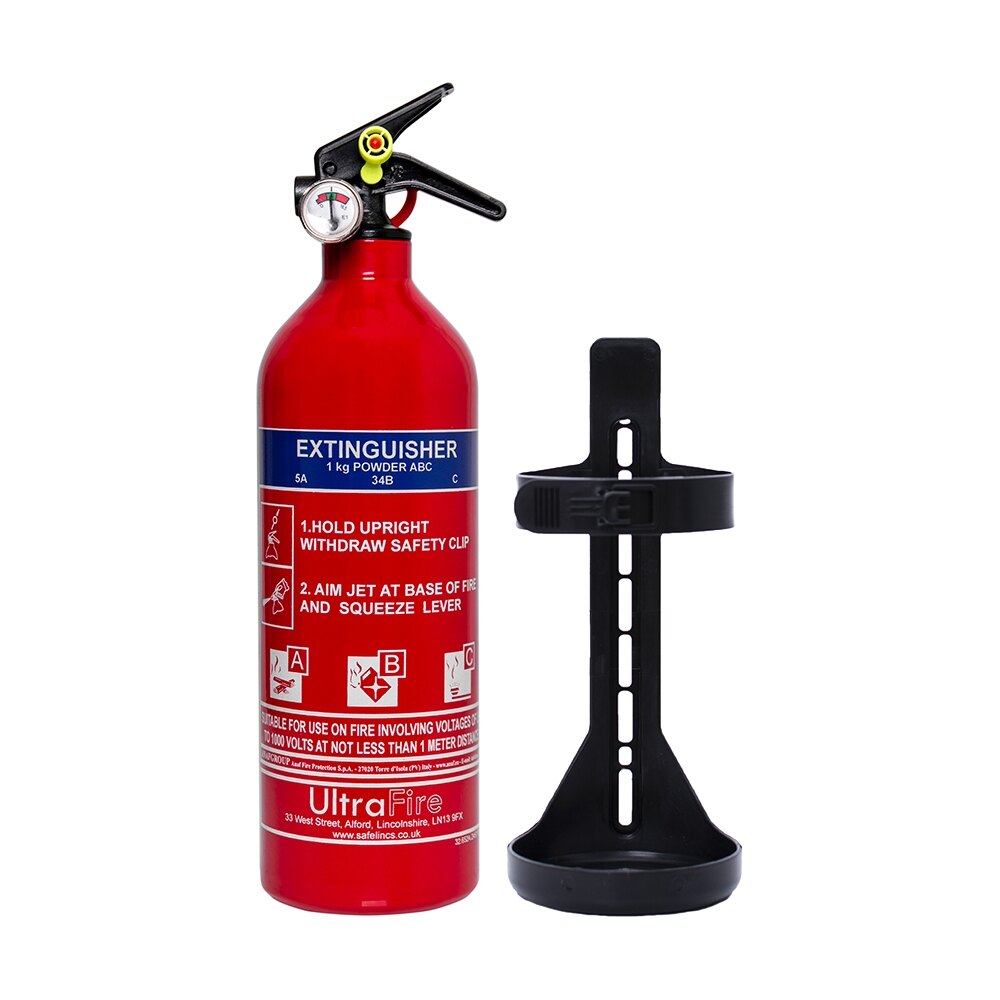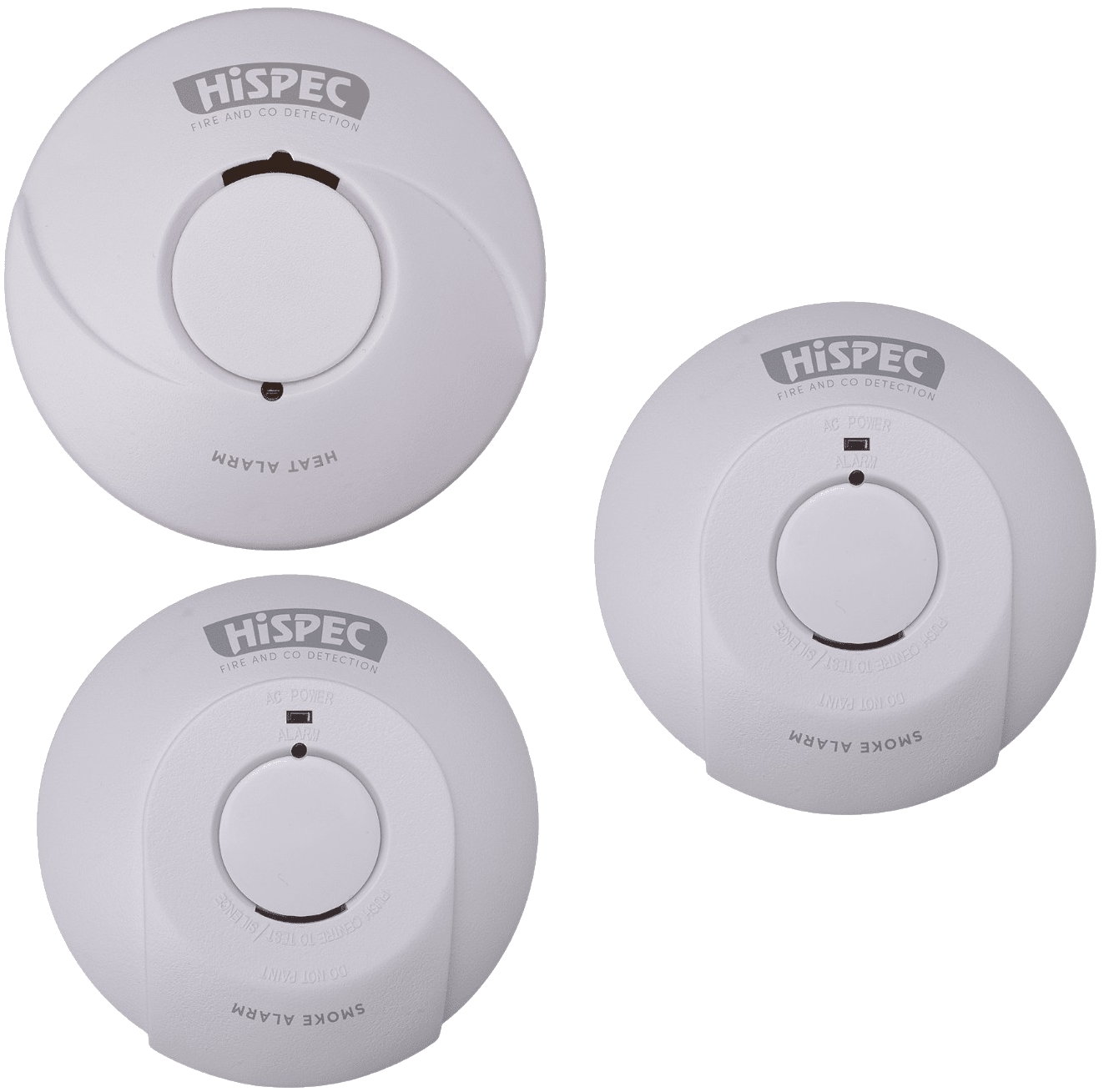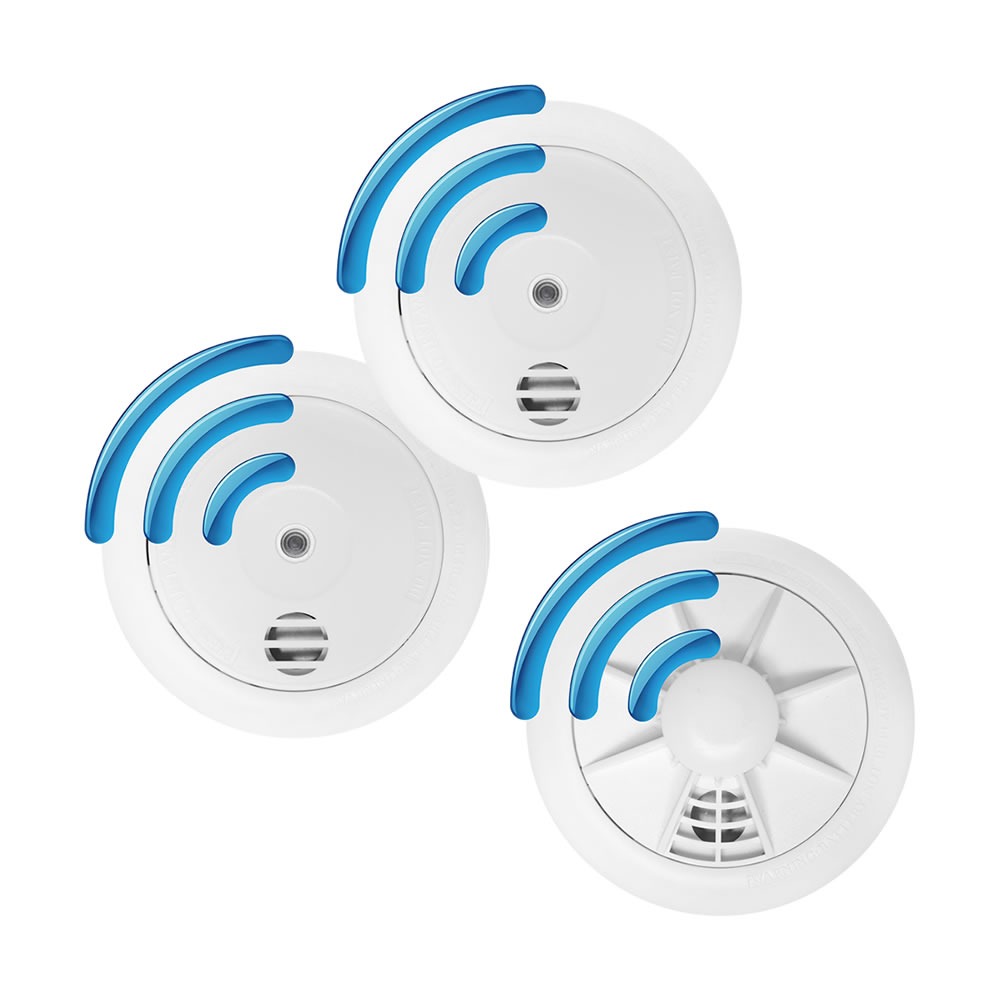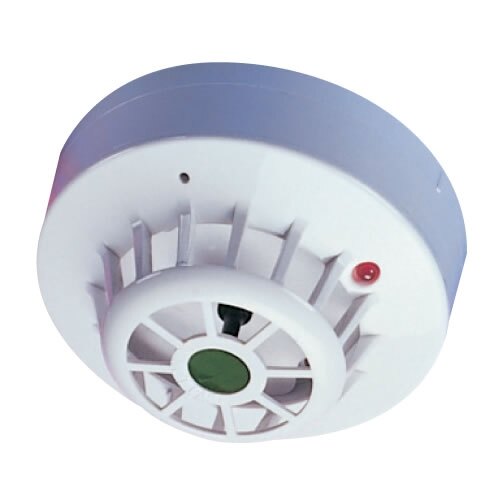iCert [Scotland] Ltd
Property Compliance
Inspection and Testing of Electrical, Gas, Legionalella, EPC, PAT testing, Fire Risk Assessment, Fire Protection and Emergency Lighting.
iCert [Scotland] Ltd
Electrical Services
All electrical repairs and upgrades carried out, EV chargers supplied and fitted.
iCert [Scotland] Ltd
Fire Protection Services
Fully qualified BAFE engineers for all your Fire Protection, Fire Alarms and Emergency Lighting requirements. Sales, service and maintenance.
iCert [Scotland] Ltd
Gas Services
Fully qualified Gas Safe engineers at your service for all your gas, plumbing, heating and boiler needs. Sales, service and installations.
![iCert [Scotland] Ltd](https://icertscotlandltd.com/wp-content/uploads/2023/06/iCertLogo-1024x244.jpg)










